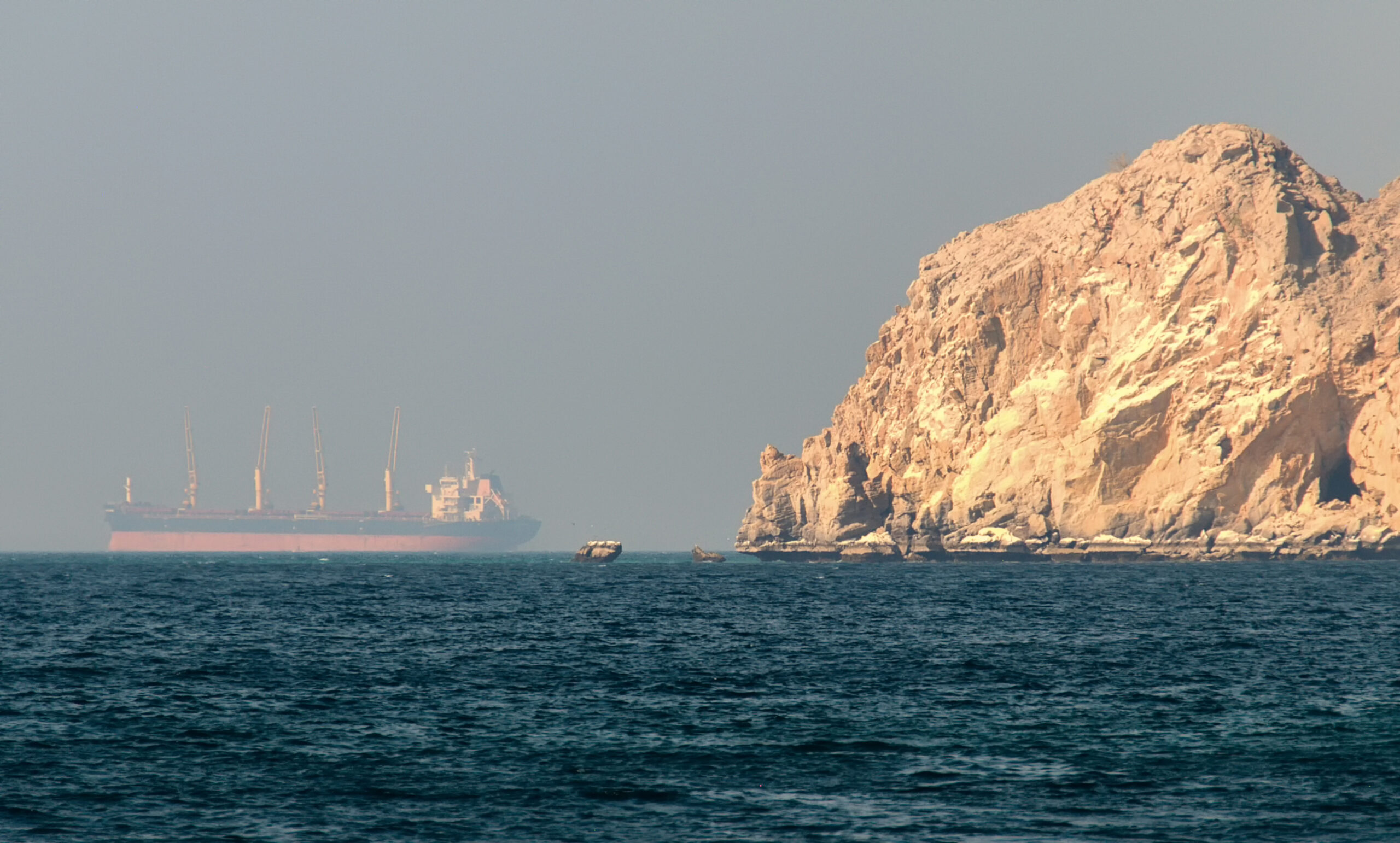Iran will only close the Strait of Hormuz if it has nothing to lose and, although it cannot be discounted completely, this remains a very unlikely scenario, according to shipbroker Poten & Partners.
The impacts would be devastating to the global economy as about 21% of the world’s liquid petroleum (crude oil, condensate and petroleum products) travels through the Strait of Hormuz, making it the most important oil transit chokepoint in the world.
Broker Poten & Partners explained last week that a closure would trigger a sharp rise in oil prices and most likely get global superpowers involved in the conflict.
China is most exposed here, since it is highly dependent on Middle Eastern oil. However, the U.S. is also heavily invested. “It has allies in the region, and it does not want oil prices to spike,” says the broker.
An escalation of the hostilities involving Iran’s oil infrastructure has the potential to create havoc in the oil and tanker markets.
Iran currently produces about 4 Million barrels per day (Mb/d) of oil, of which 2 Mb/d is exported, mostly to China.
According to Poten & Partners, while other producers could theoretically compensate for a disruption of these exports (OPEC+ has 5 Mb/d of spare capacity), this scenario is unlikely to play out in practice.
“Iran has threatened to close the Strait of Hormuz if that happens. In that case all bets are off,” it says.
It is difficult to gauge the implications for the tanker market of a full-scale war in the Middle East. Initially, such a crisis could lead to a global scramble for oil, which will boost tanker freight.
If Iranian oil, which is largely moved on the dark fleet, is off the market, this would further raise rates for mainstream owners.
“However, a closure of the Strait of Hormuz would disrupt oil flows from other Middle Eastern producers and would be very detrimental for the tanker market,” the broker concluded.



